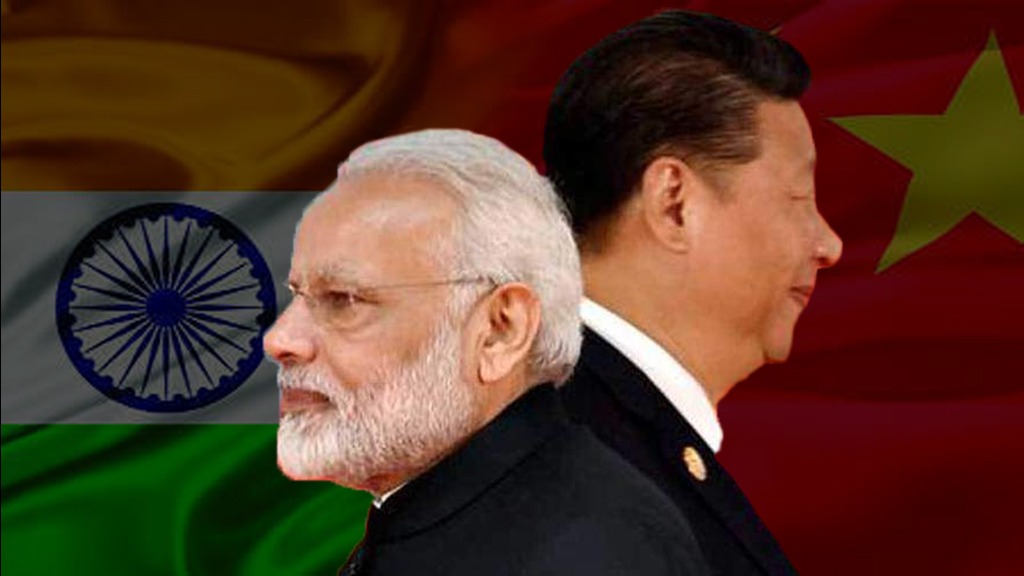China Must Not Interfere In Internal Affairs Of India

China has been in occupation of Indian territory since late 1950s. After gobbling up Tibet and its freedom, the Chinese moved in to occupy a portion of Ladhak called Aksai Chin.
Later it managed to take another portion of India as a “ Gift “ out of Pakistan Occupied Kashmir. Now along with re organisation of J& K, this fact of the Chinese Governments forcible occupation of a part of Ladhak has come out in the open.
The Chinese instead of honorably returning the. Illegally occupied territory has accused the Indian government of putting Chinese territory under Ladhak’s jurisdiction.
The ministry’s comment was a response to India’s move to scrap the special status granted to the Indian-controlled Kashmir, which also involves the west part of the China-India border.
“India has continued to damage China’s territorial sovereignty by unilaterally modifying its laws. This is unacceptable and will not have any effect,” Chinese Foreign Ministry said. “We urge the Indian side to be cautious on the border issue, strictly abide by the relevant agreements of the two sides, and avoid taking actions that further complicate the border issue.” This is how China has expressed its opposition to India’s move to create a separate Union Territory of Ladakh.
India at once firmly rejected China’s opposition to its move to create a separate Union Territory of Ladakh, calling it an internal matter of the country.
“The Jammu and Kashmir Reorganization Bill 2019, introduced by the Government in Parliament on 5 August, which proposes the formation of a new ‘Union Territory of Ladakh’ is an internal matter concerning the territory of India,” External Affairs Ministry spokesperson Raveesh Kumar said in response to a query on comments made by a Chinese government official. The bill was cleared by parliament this evening.
“India does not comment on the internal affairs of other countries and similarly expects other countries to do likewise,” he added.
“So far as the India-China Boundary Question is concerned, the two sides have agreed to a fair, reasonable and mutually acceptable settlement of the boundary question on the basis of the Political Parameters and Guiding Principles for the Settlement of India-China Boundary Question,” Mr Kumar said.
“Pending such a settlement, both sides have agreed to maintain peace and tranquility in the border areas on the basis of the relevant agreements,” he added.
The Indian government on Monday revoked provisions of Article 370 of the constitution which gave special status to Jammu and Kashmir and proposed that the state be bifurcated into two union territories, Jammu and Kashmir, and Ladakh.
The Government of China must try and settle it’s boundaries with India at the earliest. It has seen that its OBOR has floundered because of Chinese action in Pakistan Occupied Kashmir.



